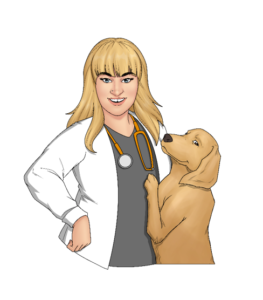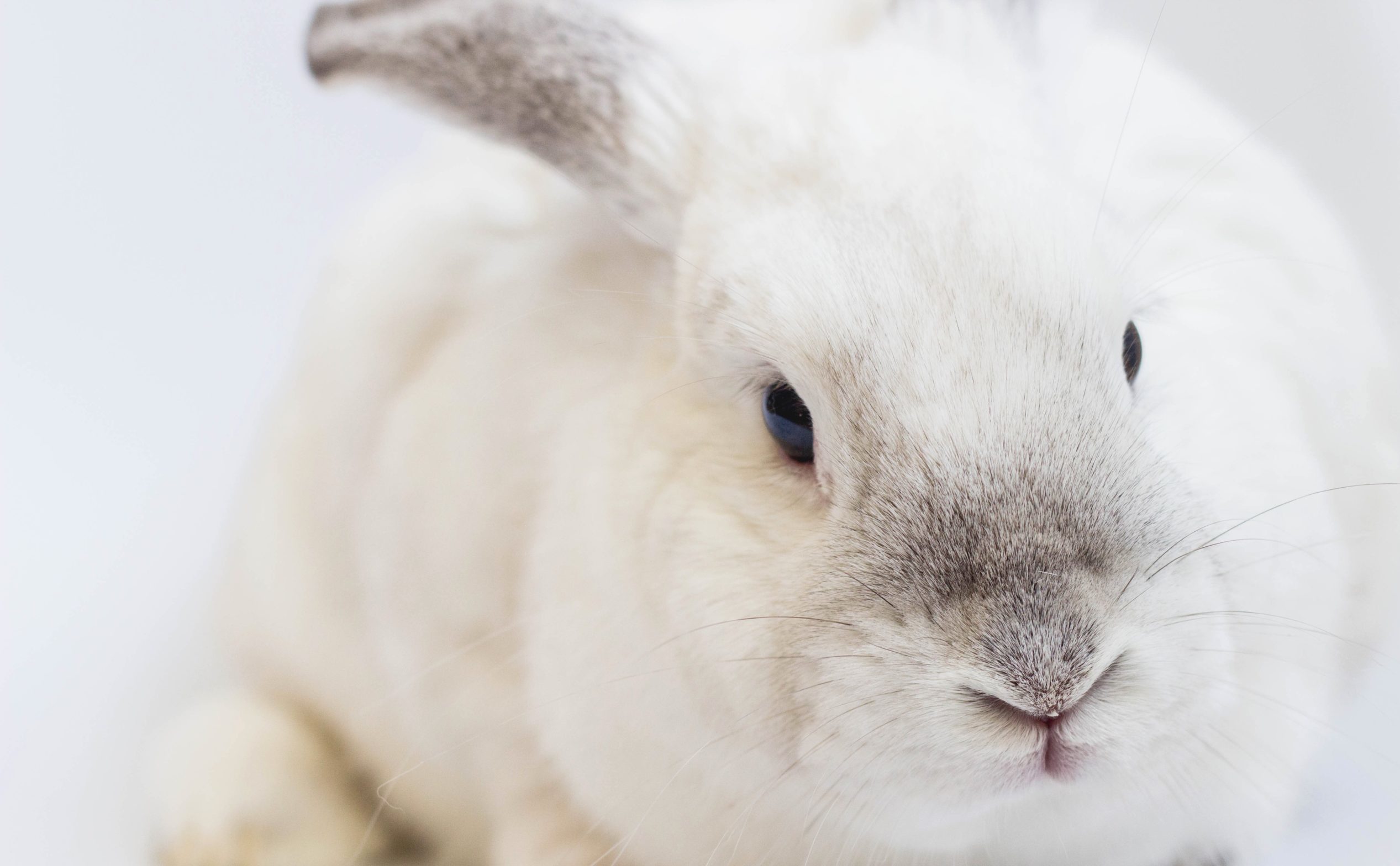Happy New Year Foxboro Vet Family!!

We are very excited about entering the new year refreshed from our holidays. We hope you all were able to enjoy time off with your friends, family and furry loved ones.
We are very passionate at Foxboro Veterinary Hospital about preventative medicine. We appreciate that an ounce of prevention is worth a pound of cure. To that end we spent a good part of 2023 developing, and soft launching, our Wellness Plan Programs for our patients. Our aim was to develop an all-
encompassing program that would help our clients plan and budget for their pets’ yearly needs.
These wellness programs have been divided as follows:
Kitten, Feline and Feline +
Puppy, Canine and Canine +
For our feline patients the program takes into account the needs of the average cat pet. These programs include unlimited examinations, fear free medications, microchip, individualized vaccines as well as yearly lab diagnostic testing (bloodwork, fecal testing, urinalysis). The Feline + program includes a complete oral health assessment and treatment (COHAT) plan under general anesthetic. A COHAT includes full mouth radiographs, thorough examination of the mouth and throat, charting of the teeth, full scaling and polishing.
For our canine patients the program takes into account the needs of the average dog. These programs include unlimited examinations, fear free medications, microchip, individualized vaccines, parasite prevention as well as yearly lab diagnostic testing (bloodwork, Snap 4Dx testing, fecal testing, urinalysis). The Canine + program includes a complete oral health assessment and treatment (COHAT) plan under general anesthetic. A COHAT includes full mouth radiographs, thorough examination of the mouth and throat, charting of the teeth, full scaling and polishing.

These packages can be purchased and paid over the course of 12 months, which allows your pet to get the best care on a budgeted plan. We understand that pet parents and the veterinary team need to work in tandem in order to ensure that our patients are in tip top shape. That being said: we appreciate the investment our wellness program members are making for the sake of their pets’ wellness and so we offer our support when they fall ill by offering a 10% discount for all other services that are rendered while your pets are being cared for at our hospital.
Please do not hesitate to call the hospital at 613.969.7299 for the details about our new wellness program! Let’s make 2024 the year of Gold Standard Wellness care for our furry family members!
Dr. Hurford and the whole Foxboro Veterinary Hospital Team






